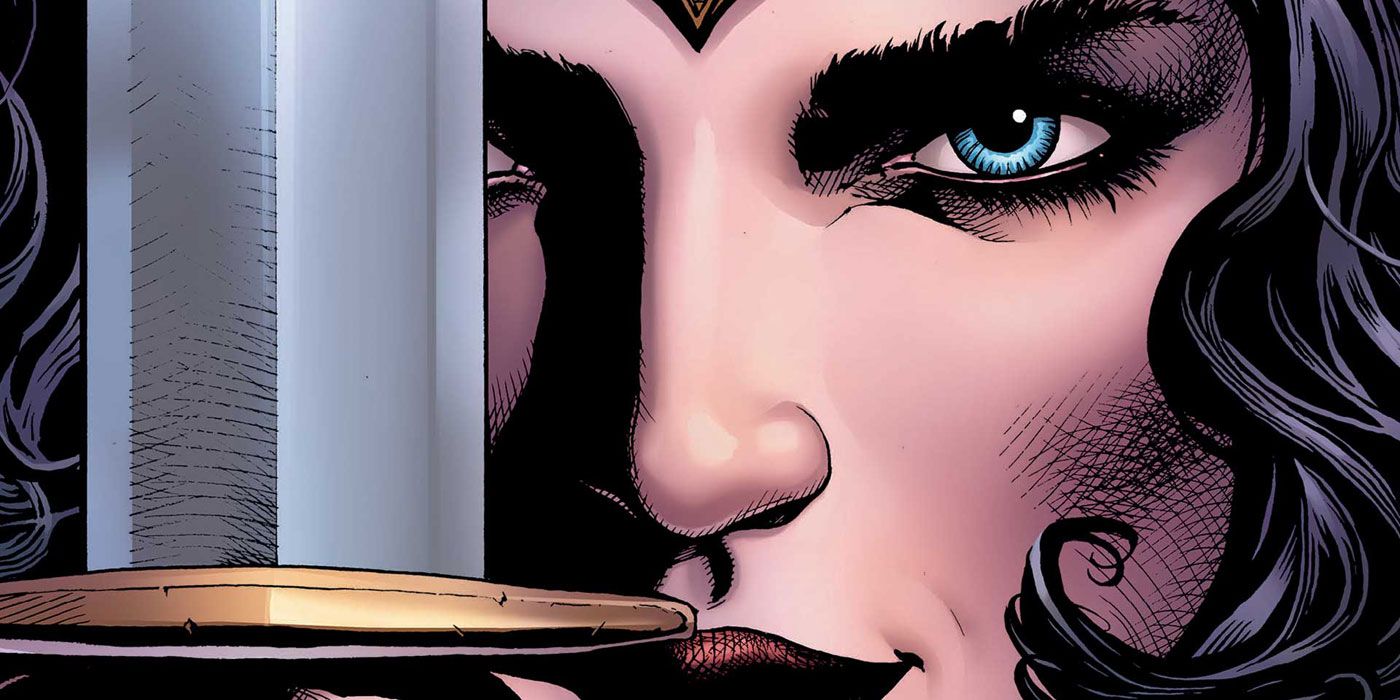

Batman goes into the world with a closed fist.

She doesn't go into the world with a closed fist. One of her patron gods is Aphrodite! Aphrodite's portfolio is love! She goes out there with an open hand. These are not the definition of character. It's like when we were talking about Kate way back in the day, and I was writing Batwoman. You'll see it's just another element of the character. I guarantee you, if we lost readers over this, we gained more.įor people to go, "It's a publicity stunt" - no, it's not. I honestly think, if we really want to drill down on this, at the heart of the negative response - and the negative response has been loud and vocal, but from a minority, and a very small minority - you're seeing the response of people going, "I didn't want to have to talk about that!" OK, but the people out there who need to hear it, I care far more about them. In late September, Rucka discussed Wonder Woman's nuanced sexuality, making it clear that Diana is canonically queer - not necessarily surprising for a character that hails from a paradise island of only women, but still something that generated plenty of discussion and headlines. Not only has "Wonder Woman" been one of the most critically acclaimed books in DC's Rebirth lineup, it's also proven to be one of the most newsworthy. RELATED: Do We Still Need Wonder Woman After 75 Years? Rucka has used the accelerated release schedule to the book's advantage, with alternating issues taking place both in the present, illustrated by artist Liam Sharp and in the past, with Rucka partnering with his "Black Magick" collaborator Nicola Scott for a "Year One" origin story. The writer currently in charge of guiding her twice-monthly adventures is Greg Rucka, who returned to Diana Prince earlier this year as part of DC Comics' ongoing back-to-basics-ish "Rebirth" initiative. Yet Wonder Woman is a comic book character first and foremost.


 0 kommentar(er)
0 kommentar(er)
